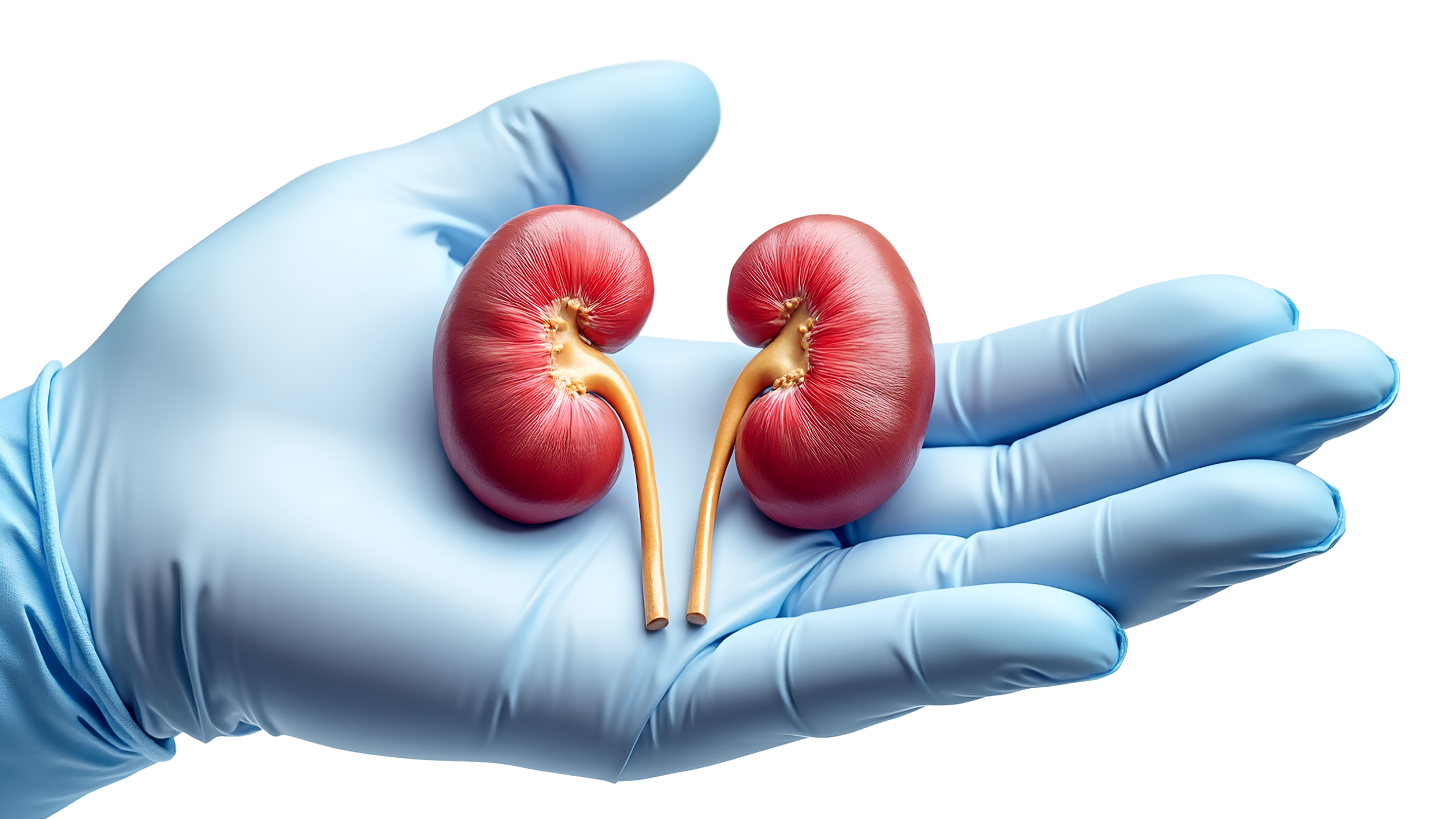
First pig to human kidney transplant holds promise for organ donation shortage
On the surface, news of the first pig-to-human kidney transplant looks like a classic medical-technology miracle, with the promise of relieving a massive shortage of human organs available for life-saving transplantation. But dig a little deeper and you’ll find unanticipated potential for a solution to a simmering regulatory and public-policy tempest.
On March 19, 2024, doctors at Massachusetts General Hospital announced that they had successfully transplanted a new kidney from a genetically modified pig into a 62-year-old African American man three days earlier.
The patient – who had been on dialysis for seven years – initially did well but died two months later, with no indications the transplant was the cause. [Update: The hospital performed a second successful pig kidney transplant on January 25, 2025.] The advancement has seismic implications for the estimated 556,000 Americans on dialysis, particularly for people of color, who experience chronic kidney failure as much as four times the rate of others.
Today, would-be kidney recipients account for 85% of the 113,847 people on the organ-transplantation wait list, which has doubled in a quarter-century. So acute is the shortage of all organs available for transplantation that medical professionals, federal authorities, and elected officials all the way up to the White House have called for bow-to-stern investigations and an overhaul of the nation’s transplant system.
Cutting-edge marketing for doctors and lawyers
Vanguard has taken our 30 years of experience in medical practice marketing and transplanted those successful principles into the specialty field of law practice marketing. Both services come with a growth guarantee.
Novel kidney transplant raises questions about organ distribution fairness
At issue is the question of fairness and racial equity in the distribution of donated organs, as well as allegations of wasted organs and potential fraud by some of the nation’s 56 licensed nonprofit organizations that recover organs.
In February, the Washington Post reported that federal authorities had launched a wide-ranging probe into eight organ procurement organizations (OPOs) pertaining to “personal financial and business relationships” OPO executives and board members may have had with other organizations doing business with the OPOs.
The probe follows last year’s announcement by the Biden Administration that it would seek to break up the Unified Network for Organ Sharing (UNOS), which Congress created 40 years ago. Based in Richmond, Virginia, UNOS has contracted with the federal government for four decades to coordinate the work of OPOs and transplant hospitals nationwide.
But now the Biden administration plans to put the network’s responsibilities out to bid in hopes of creating competition to the effective monopoly UNOS has enjoyed since 1984.
Change in organ distribution system long overdue
Patients and families of both donors and recipients have argued for years that change is long overdue. Reform efforts date back to as long ago as 1998, when the Clinton Administration ordered UNOS to re-prioritize the sickest patients regardless of where they lived nationwide. Previously, priority had gone to local patients.
Congress has held various hearings on the network’s “organizational failures ”over the years as well, calling UNOS “a system in need of repair.” Just days ago, the House Committee on Energy and Commerce launched a bipartisan investigation into organ donation as part of an effort to implement a 2023 bill revoking UNOS’s monopoly status.
An insurmountable limitation of human-to-human organ donation – for what’s known as allotransplantation – is that only brain-dead donors can contribute. However, only 2% of hospitalized Americans die that way. Even if all Americans agreed to be organ donors, there may always be a supply shortage.
In contrast, a virtually limitless supply of animal donors for xenotransplantation could profoundly remedy not only the organ shortage but also alleviate the pressure on officials to act forcefully to address unjust allocation.
In sum, a viable alternative to allotransplantation could not only please tens of thousands of Americans and loved ones desperately waiting for new organs but would also hearten federal law makers and agencies to go in – ahem – whole hog for porcine substitutes.
Disclaimer
The information on this website does not constitute legal advice and is not guaranteed to be correct, complete, or up to date. The information is provided as is without warranty of any kind, either express or implied, including but not limited to, the implied warranties of merchantability, fitness for a particular purpose, or non-infringement. Vanguard Communications authorizes website visitors to view, store, print, reproduce, copy, and distribute any pages for non-commercial purposes. In consideration of this authorization, you agree that a) any copy of these documents shall retain copyright and other proprietary notices herein, and b) this disclaimer is included with any distribution.